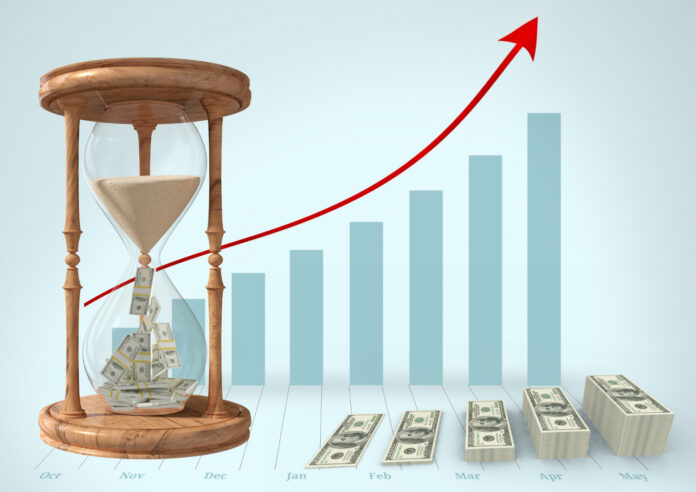Argentina traditional economy, the country where Lionel Messi is from, experienced an astounding 124.4 percent annual increase in inflation last August. The total quality of life in the nation is in crisis as a result of this inflation rate, which is the highest since 1991.
Argentina’s commodity prices increased more than anticipated in August. The vast price range between stores makes it difficult for customers to find cheap solutions. To draw customers, many establishments frequently offer different discounts.
Argentina saw an increase in inflation during August of 12.4% over July. In many nations around the world, inflation usually puts a strain on people’s ability to make a living when it hits 12% annually. The monthly inflation rate in Argentina is roughly at this level. Argentina’s poverty rate has climbed by more than 40% as a result of growing inflation.
General elections in Argentina are scheduled for October. The general populace is upset about the increased inflation just before the elections.
A customer at a supermarket on the outskirts of Buenos Aires named Laura Seliz told Reuters that prices are going up every day, seemingly without end. People now have a difficult time getting by and must visit numerous establishments to discover less expensive alternatives.
Fernando Caballero, her 59-year-old husband, was comparing the costs of fruits and vegetables while Laura was speaking to the reporters. We’re attempting to determine whether we can defeat inflation this way or at the very least compete, he said.
Inflation in Argentina could increase to 169 percent this year, according to the central bank, up from 141 percent in the previous month. Inflation is expected to stay at 12 percent in September and 9.1 percent in October, according to the central bank’s analysis.
Argentina is now dealing with significant economic difficulties. The peso, the national currency, has been continuously devalued, while also experiencing triple-digit internal inflation, negative central bank reserves, and agricultural droughts, all of which have weakened public trust in the economy of the nation.
Argentina has pounded on the door of the International Monetary Fund (IMF) in this predicament, like many other nations have done. A $44 billion loan was granted by the IMF, and it has already been paid in multiple installments.

The home of Messi Argentina traditional economy: Publicly expressing anger
The current financial crisis in The home of Messi Argentina traditional economy has raised concerns that it may significantly affect the 2019 general elections. Javier Mel, the progressive leader of the nation, is now in the lead for the position of prime minister. He is running a push to lessen the nation’s reliance on the IMF. Sergio Massa, the nation’s finance minister, and conservative politician Patricia Bullrich are two other front-runners for the job of prime minister.
There is a chance of rising inflation during this uncertain election period, which would be similar to the hyperinflation of the 1980s. Damian De Pace, a local economist, claimed that this concern that inflation could reach 180 percent is in part to blame. He observed that whereas inflation had already decreased in other parts of the world, it had tripled in Argentina.
The nation’s finance minister, Massa, criticised the IMF last Wednesday while running for prime minister and referred to August as a challenging time. To lessen the toll that high inflation is taking on the lives of people, he has also made moves to cut taxes. The IMF loan conditions included a 20% currency devaluation, which had a huge negative impact on everyone’s ability to purchase goods and services in Argentina.
Before exporting their goods, companies must pass a complicated cycle of wholesale price increases. Additionally, market shortages have developed as a result of the uncertainties around inflation. Additionally, traders must deal with uncertainty.
Businessman Marcelo Capobianco, 53, told Reuters that he worries his company may have to shut down. Due to the peso’s depreciation and the consequent display of meat costs in dollars, people are considering moving abroad.
Capobianco stated, “I don’t know how we’ll pay this month’s rent,” in a butcher shop in Olivos, a town outside of Buenos Aires. I’m unsure of how I’ll cover the electricity bill.
Marcelo claims that the rising inflation is to blame for the unrest among the populace. Many individuals today don’t even have the money to purchase a kilo of meat, therefore they have every right to be angry. He added, “I don’t know what to do in this circumstance. We may have to close the store if this situation lasts a few more days.
More post in our website: Economy News




























